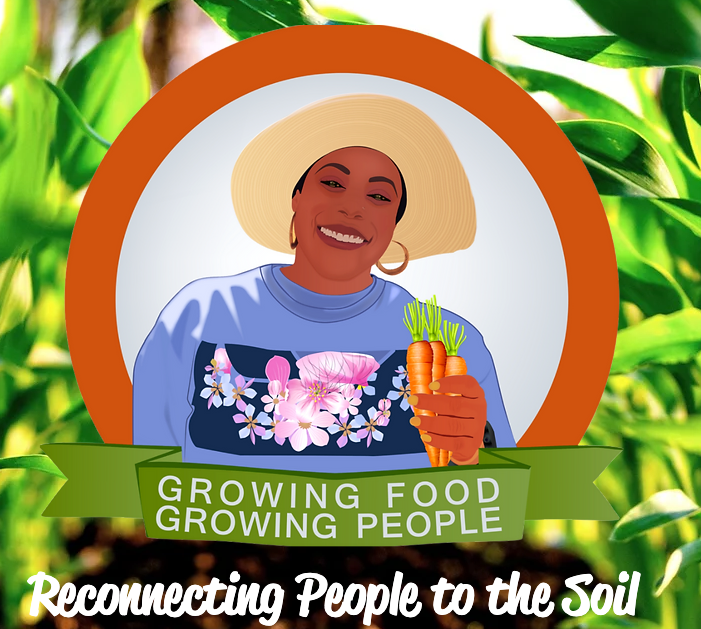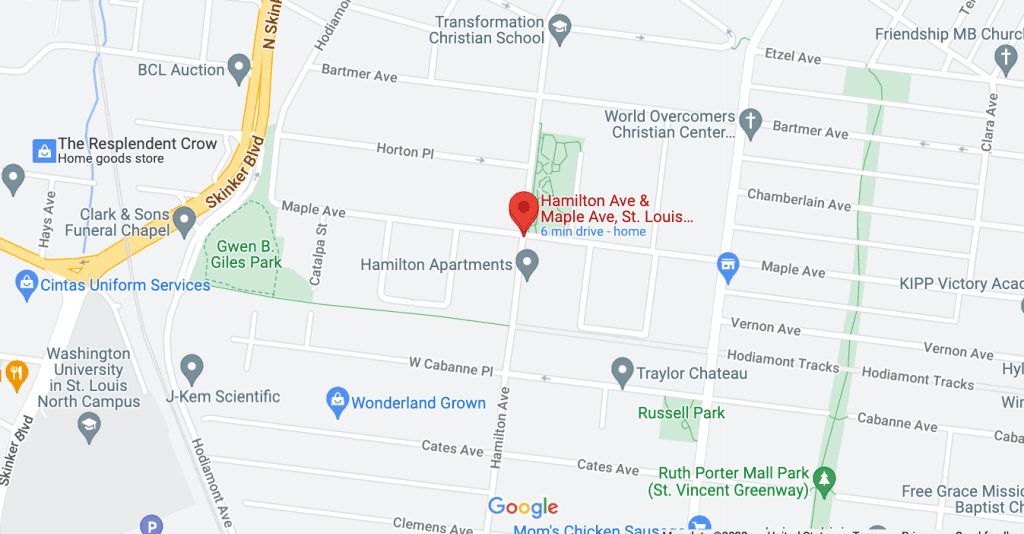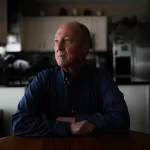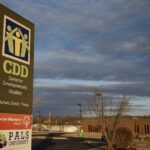
By Erika Whitfield
Many of us have noticed that our routine grocery shopping finds us spending considerably more money at the register with fewer bags to take home. With a family of four, two of which are growing children, staple grocery items like sugar, flour, and eggs have put a larger dent in my grocery budget. Fresh produce prices have also increased. This is even more problematic for larger families, those experiencing financial hardship ordealing with dietary restrictions that limit their options.

Having access and the ability to afford healthy food is a right that everyone deserves. We have to eat to live.
What if we grew our own food?
For the last few summers, my husband and I have experimented with our own garden. We tried to grow a variety of produce such as cucumbers, tomatoes, varieties of peppers, and even strawberries. We have gotten better at it year by year and tried new approaches. We experimented with garden beds versus garden bags, varieties of compost, and positioning in our yard for greater sun exposure.
Food sustainability is an act of liberation.
This idea of harvesting one’s own food is not far-fetched. Leah Lee, founder of Growing Food Growing People, encourages citizens to get back to the soil. Lee is a St. Louis City resident who transformed her conventional backyard into an urban garden. So, if your excuse for not growing your own food is space, Lee has the blueprint for optimal growth in small spaces to yield the greatest result. Using the cubic space of the yard along with a variety of containers creates an urban garden oasis. Lee has grown so much produce, she hosts a weekly food giveaway at the corner of Hamilton and Maple Avenues in the 26th Ward.

Growing Food, Growing People offers a variety of initiatives from junior farmer instruction for youth, produce delivery, and wellness workshops. This allows for people to provide and sustain themselves at a time when the cost of food is financially crippling families. Lee views urban farming as an act of liberation. It gives us a reprieve from dependence on food prices while, according to Lee, it “teaches us about ourselves.” She explains that gardening has therapeutic properties. “Are you impatient? Gardening will teach you patience.” Lee’s hope for the future includes an urban farm school in her own ward where she’ll teach people how to use the space that they have to grow their own food and connect with the land.
What if we harvested foods and canned or froze them for the winter?
While I was able to freeze some of the tomatoes, I can’t help but wonder what would happen if we had the know-how to garden and harvest enough to feed our family during the winter months. Lee reminded me that our ancestors canned and preserved foods for the winter months as a means of survival, and it’s not a farfetched idea.
To support Leah Lee at Growing Food, Growing People, check out her website at https://www.gfgp-stl.com/who-we-are.




